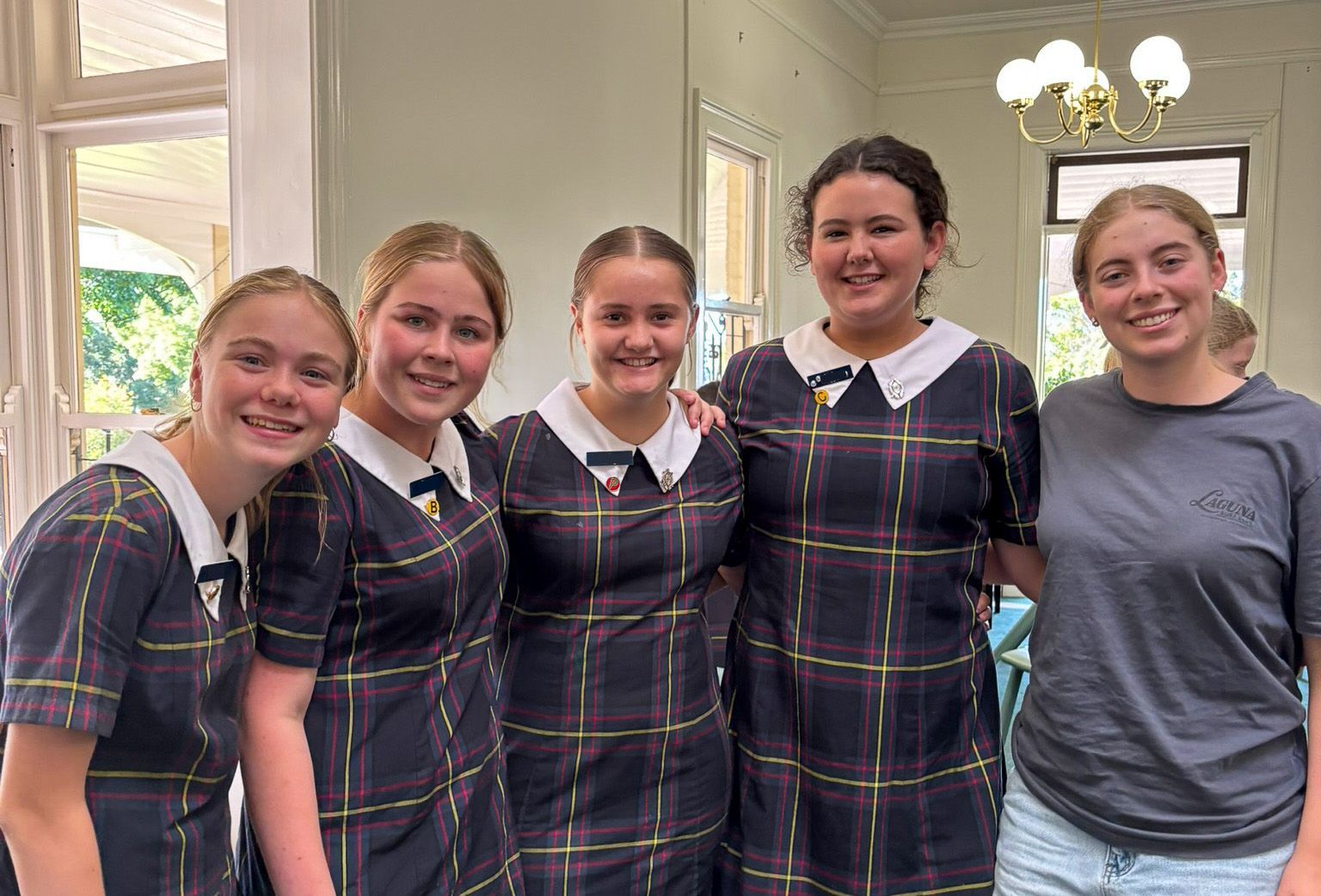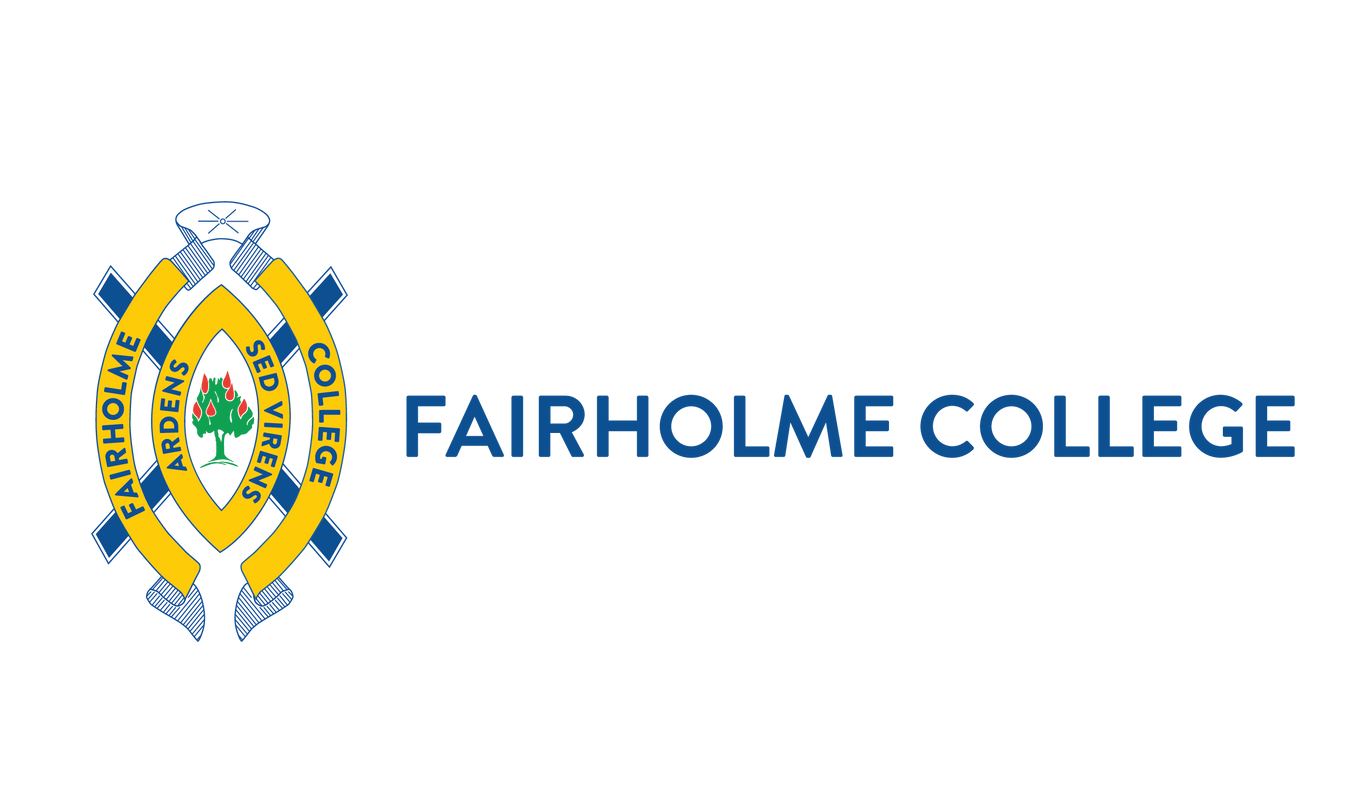Finding Their Voice
Adolescents have a discerning response to the sound of their mother’s voice, and they seek it out, particularly in stressful times...
As a strong-willed and sometimes feisty teenager my daughter would say from time-to-time, “You don’t have to yell at me.” Bewildered, I would check with my husband who would shrug his shoulders in mute despair, saying, "Your voice wasn’t even remotely loud.”
Invariably, her frustrated comment would occur on occasions when I disagreed with her viewpoint, challenged her thinking, or simply said no to a request for me to buy her something far beyond budget or to take her somewhere at a ridiculous hour or distance.
In having a meeting with myself (hence a quiet place of retreat and solace where there is no disagreement), I came to the totally unresearched conclusion that adolescent females have a heightened sensitivity to the tone or sound of their mother’s voice.
And guess what, my unsubstantiated qualitative research had a tiny nub of truth: adolescents have a discerning response to the sound of their
mother’s voice.
Yes, adolescents are in one sense “far more tuned into the voices of others,” than to their mother’s voice says Daniel Abrams, a neuroscientist at Stanford University (cited in Sanders, 2022).
As they meander their way through their teen years especially, other voices become more interesting and attractive, as they seek to broaden their social connections and detach from family as their primary interest.
Yes, this is puberty, the beautifully complex and dangerously fraught decade of time where the work of your adolescent is primarily about developing independence – from you, it is a place and time where she perceives that maternal support is less crucial to her survival than it has been. In order to achieve this, she attends far more carefully to the world and the words spoken, beyond home (Abrams et al. 2022): the voice of another. And as mothers, we find ourselves forced to the sidelines, sometimes as reluctant onlookers, lest we be tempted to take to the field – their field of play.
Don’t despair. Mothers’ voices are unique in their power, particularly in stressful times. Researchers have found that stress hormone levels ease when girls in the midst of anxiety, hear the voice of their mother, on the phone.
Conversely, text messages from mothers invariably heighten the anxiety register. Your voice rather than your texted message has more weight and provides more comfort. And in all those times when we think our messages have fallen on her metaphorically deaf ears, they have in fact nudged their way into her deeper consciousness.
After all, they are bombarded by so many voices, so many images, so many edicts on how to be that you are a beacon of truth. In her article, ‘Being 13’, Bennet writes “Girls [carry] a mental load, — in facing the age-old pressure to be good enough, pretty enough, kind enough, popular enough, [they have to do so] on multiple platforms.” Not surprisingly, your voice – albeit more influential in spoken form, continues to matter.
Stephen Biddulph, more acclaimed for his research into the adolescent male brain believes that as mothers, we influence our daughters in three
primary ways:
- Role Modelling – which accounts for half our influence. The way we interact with others. Our behaviour as drivers. The words we use in frustration. The kindness we show to those from whom we gain no benefit. Every step we take, every move we make – as the song goes, they are watching us. Our example becomes part of their manner of being.
- Values sharing – how we articulate our beliefs, how we discuss our view of others, the moral lessons we teach, these things become the echoes in their head, and the voice of reason in the most difficult of circumstances.
- Exposure to role models – to whom do we expose our daughters in these formative years, who are the people of influence we share with them? (as cited in Moorhead, 2023)
Author Hilda Blum’s prose piece title ‘A Mother, Her Daughter, a Masterwork of Psychological Tension’ captures the tight walk dance that is parenting a teen-aged daughter. Yet, even in their feisty moments, even in their quest to find affirmation beyond you and their home, they continue to hear and seek out your voice. You are the role model of greatest influence.
Your advice matters, even when it is counter to the advice of the mainstream. They want to be connected to you, even when you find it hard to read their personal landscape. They want, according to author, Lisa Damour (2023) to be able to “bring up topics that are close to their heart” with you.
The trick is to be present, available, and open – even when it appears they are pushing you away, attending to the voices of others, and thirsting for independence. What a dance it is.
Yes, adolescents continue to have a discerning response to the sound of their mother’s voice, and they seek it out, particularly in stressful times. They, are, in the tumultuous world of adolescence … finding their voice.
Dr Linda Evans | Principal
REFERENCES
Abrams, D. et al. (2022). A neurodevelopmental shift in reward circuitry from mother’s to nonfamilial voices in adolescence. Journal of Neuroscience. Published online April 28, 2022. doi: 10.1523/JNEUROSCI.2018-21.2022.
Bennett, J. (2023). ‘Being 13.’ The New York Times. September 20, 2023. https://www.nytimes.com/interactive/2023/09/20/well/family/13-year-old-girls-socialmedia-self-esteem.html?searchResultPosition=7
Blum, H. (2023). ‘A Mother, Her Daughter, a Masterwork of Psychological Tension’. The New York Times. https://www.nytimes.com/2023/07/21/books/review/how-to-love-yourdaughter-hila-blum.html
Damour, L. (2023). ‘Raising Teens Is Hard. Lisa Damour Has Some Answers’. The New York Times. August 28. 2023. https://www.nytimes.com/2023/08/28/well/mind/teenanxiety
More News…







